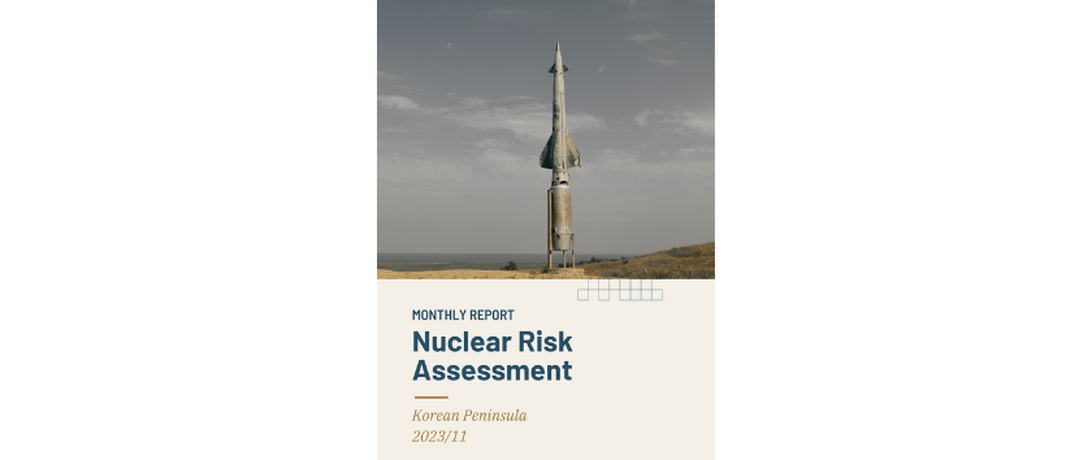
Nuclear risk can emanate from various factors. These range from the more obvious military developments and incidents that could lead to increased tensions and possibly even nuclear misuse, to the often overlooked domestic and external contexts in which a country perceives its circumstances and, based on those perceptions, makes decisions that have direct or indirect implications for nuclear risk.
In an attempt to more comprehensively assess nuclear risks on and around the Korean Peninsula, this monthly Report examines the DPRK’s and the ROK’s nuclear and military spheres, as well as activities and policy decisions across main domestic and foreign policy spheres that could impact nuclear risks.
Key Takeaways in November
- Nuclear
The DPRK successfully put its first reconnaissance satellite into orbit and pledged to launch more satellites to better monitor the ROK and the Pacific. The country also tested solid-motors for a new intermediate-range ballistic missile. These developments indicate that the DPRK continues to build up its surveillance capabilities and enhance responsiveness and flexibilities of its Strategic Rocket Force. Meanwhile, the ROK and the United States revised their Tailored Deterrence Strategy, while continuing to implement commitments made in the Washington Declaration and at the Camp David Summit on US extended deterrence and trilateral cooperation with Japan.
- Military
The 21 November satellite launch of the DPRK led to the final breakdown of the 2018 Comprehensive Military Agreement, under which the DPRK and the ROK agreed to establish buffer zones and cease hostile activities along the border. The risk of military conflict along the DPRK-ROK border may have increased due to increased military presence.
- Political
In November, the ROK Unification Ministry’s new Basic Plan for inter-Korean relations and its process to repeal the ban on leaflet balloons signaled a continued hardline approach towards the DPRK. A DPRK-Russia Inter-Governmental Commission meeting showcased further expansion of bilateral cooperation potentially including UNSC sanctioned activities, while a China-Japan-ROK Foreign Minister meeting signified the resumption of trilateral cooperation, but with weakened alignment on Korean Peninsula security issues.